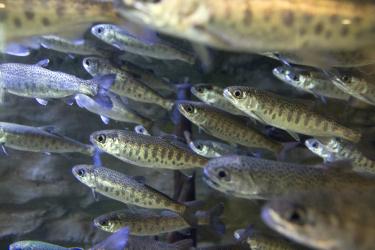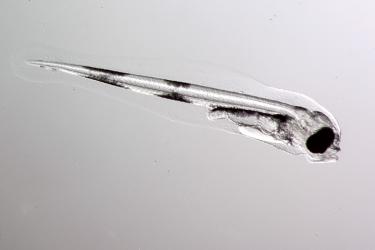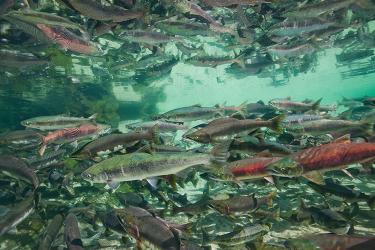The National Marine Fisheries Service (NMFS) issues a final rule to allow processors to use the offal from Pacific salmon (salmon) and Pacific halibut (halibut) intended for the prohibited species donation (PSD) program for commercial products including fish meal, fish oil, and bone meal effective September 27, 2004, according to James W. Balsiger, Administrator, Alaska Region, NMFS.
The PSD program allows salmon and halibut caught while fishing for groundfish to be processed and distributed through tax-exempt hunger relief organizations. The implementing regulations prohibit authorized distributors and persons conducting activities supervised by authorized distributers from consuming or retaining prohibited species for personal use. They may not sell, trade or barter any prohibited species that are retained under the PSD program.
In 2001, processors stopped retaining salmon under the PSD program because regulations prohibited them from processing and selling the waste parts of salmon (e.g. heads, guts, bones, skin) that are not distributed under the PSD program. Processors found it impractical to separate this offal from the leftover parts of commercial groundfish, which they render into meal and oil, products that may be marketed.
This action amends the PSD program regulations at 50 CFR 679.26(d) to allow processors to convert offal from salmon or halibut that has been prepared for the PSD program into fish meal, fish oil, or bone meal, and retain the proceeds from the sale of these products.
This information bulletin only provides notice of a regulatory change. For the purposes of complying with the regulatory change, you are advised to see the actual text in the Code of Federal Regulations.
IB 04-73: NMFS Issues a Final Rule to Allow Processors to Use Offal From Prohibited Species Intended for the Prohibited Species Donation Program
August 27, 2004 - 4:00 p.m.
Notice of a fishery management action.


